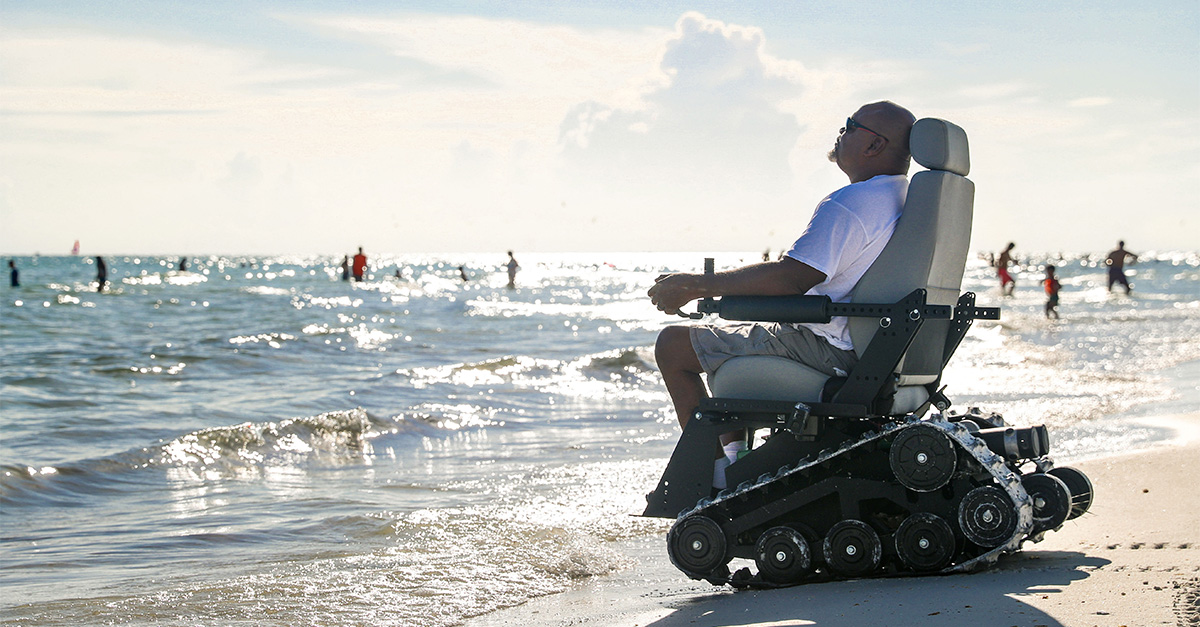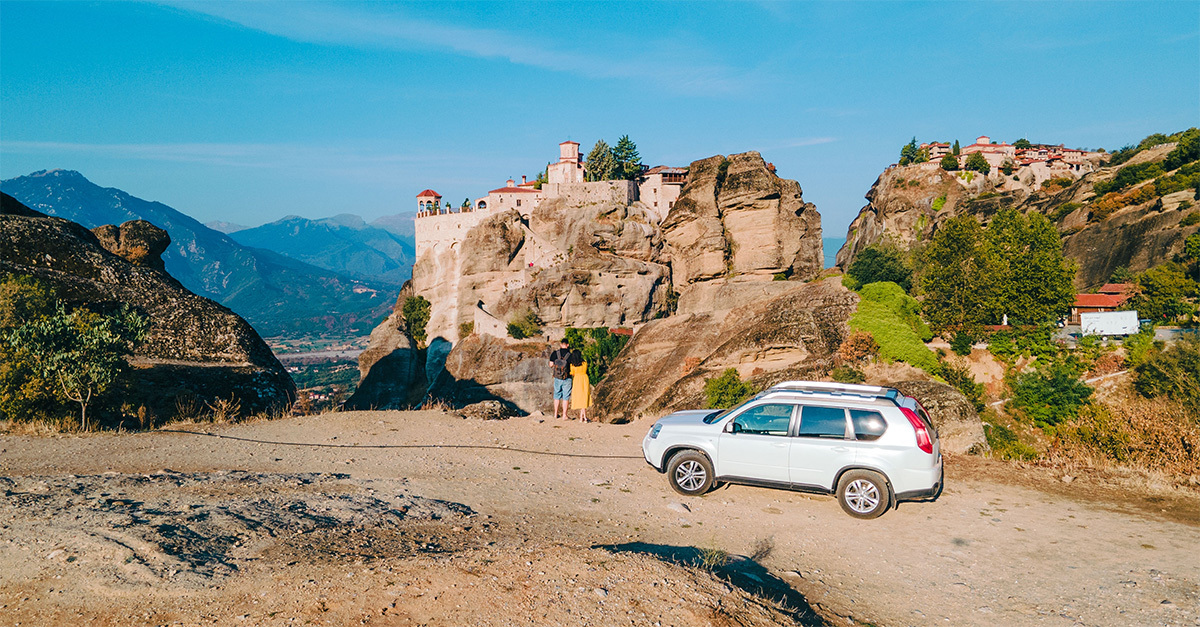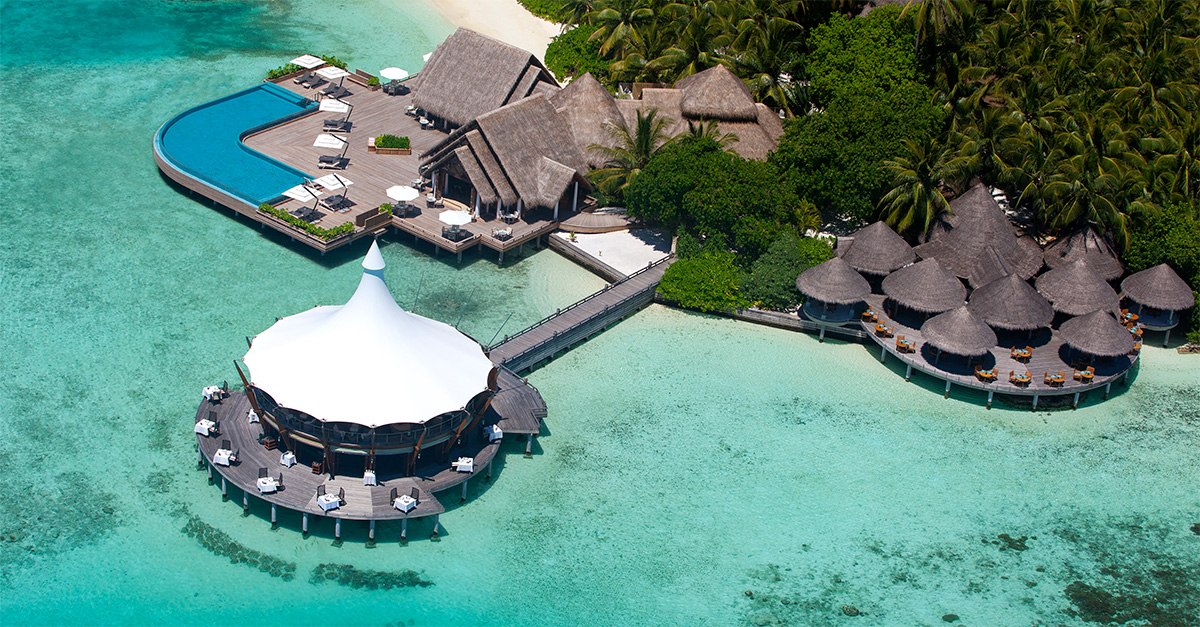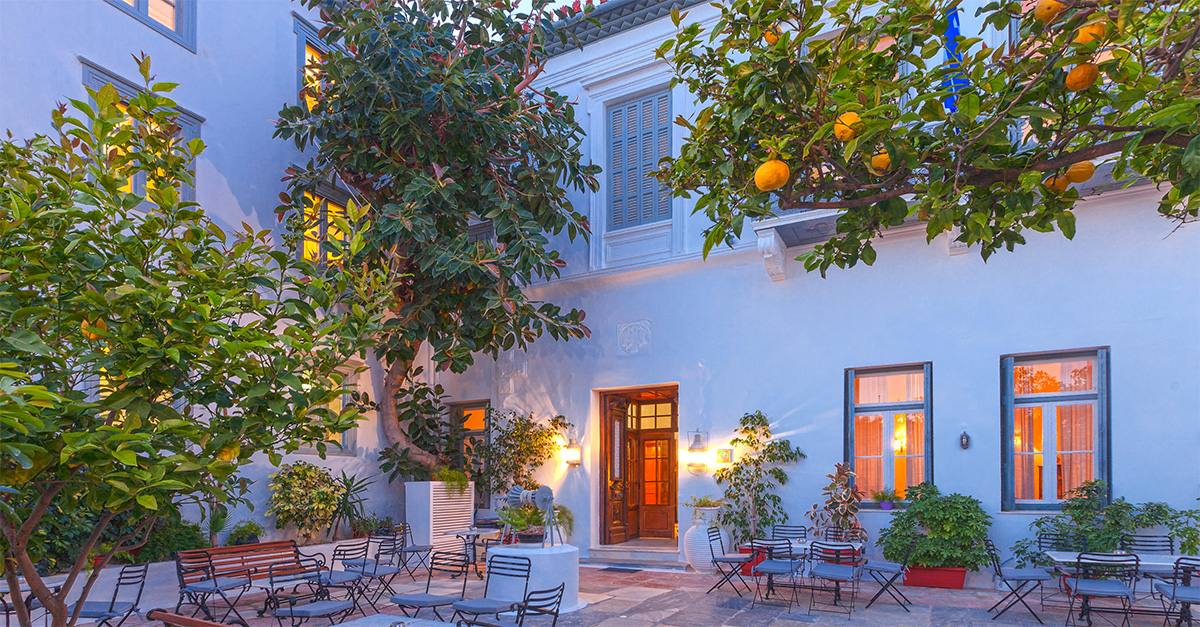You are viewing 2 of your 2 free articles
How beaches are adapting to support disabled travellers
A wave of accessibility improvements at beaches are making sun and sea easier for wheelchair users to reach. Adam Shaw reports
There is huge demand for – and potential in – accessible tourism. Around one in five people in the UK have a disability and, according to VisitBritain, their spending power is more than £15 billion a year for domestic travel alone.
Across Europe, the accessible tourism market is projected to generate €88.6 billion in revenue by 2025 – up by 65% since 2005 – according to a study published in the Journal of Tourism Futures.
Given these figures, it’s little surprise that beach destinations around the world have been enhancing their efforts to cater for this growing market, installing new ramps and roll-out mats on beaches to offer easier access to the sand, and specialist equipment to help wheelchair users enjoy the water.

Where to begin
Lucy Rollason, sales team manager at accessibility experts Limitless Travel, says the best advice she can give to agents selling a beach holiday to a client with accessibility needs is to discuss their specific requirements.
“Make sure you ask as many questions as possible about their mobility requirements to find out what they can do independently and what they need support with,” she says. Rollason adds that it is important to fully scope out a beach that claims to be accessible.
She explains there are many places that cater for disabled travellers, but it’s the finer points that are important. At Limitless, the team checks the accessible facilities before recommending a place, and they try to make a note of as many details as possible so that they can offer advice to customers with varying needs.
For example, some travellers may require wider doorframes for their particular wheelchairs. Limitless Travel has also worked with lifeguards to see how they can support disabled travellers, such as by taking them down ramps that lead into the sea and then into the water by using specialist floatation devices.

Straight to the sand
Abigail Dunn, senior marketing executive at Ocean Holidays, which sells accessible beach holiday packages, says: “Florida is known for its beaches; the good news is that those with disabilities are invited to the party too.”
Florida is ahead of the game when it comes to accessibility, with a number of beaches providing wheelchairs with thicker wheels that allow clients to move around on the sand – something that’s not possible in a regular wheelchair.
Clearwater Beach has two manual chairs and recently introduced two electric chairs, which have adjustable armrests and seats, seatbelts and all-terrain tyres. These can be hired free of charge at Clearwater Beach Lifeguard Tower at 180 South Gulfview Boulevard.
Beach wheelchairs can also be hired free of charge, on a first-come, first-served basis, from any of the four lifeguard stations along the Daytona Beach Oceanfront.
Florida is ahead of the game when it comes to accessibility
It also has several hard-packed sand areas, which means wheelchair users may be able to drive their own chairs to the shoreline. Miami Beach also makes use of roll-out mats, in addition to free use of manual and electric beach wheelchairs that can be hired at South Pointe Park and 1001 Ocean Drive.
The manual ones are able to enter the water up to six inches deep. Miami Beach’s Adaptive Oceanside Park includes an accessible playground for children, a fitness area and a butterfly garden.
Dunn adds: “Oceans of Hope in New Smyrna Beach [a non-profit organisation] offers adaptive access to water sports, including customised surfboards and kayaks that empower those with disabilities to demonstrate that ‘anything is possible’.”
In Europe, wheelchair user and blogger Georgina Layton has been impressed by several beaches on Spain’s Costa del Sol. In Fuengirola, there is a specialised disabled section of the town’s beach, which has wooden pathways designed to support all types of wheelchairs.
Those who want to get into the water or ride on the sand can hire amphibious chairs, which have inflated wheels and arm rests, or make use of ‘noodle’ floatation devices.
SeaTracs can take visitors across the beach and into the water
Layton explains that, during her visit, she was fantastically aided by socorristas (lifeguards) who, for a small fee (around €5) will cater for disabled travellers during their beach visit, including helping them enjoy the sea.
All information and support for those with accessibility needs can be found by beach marker 16 in Fuengirola. In Greece, beach wheelchairs are available in Elounda, Crete, while specialist SeaTrac ramps, which enable wheelchair users to get into the sea independently, have been installed on four beaches in Skiathos – at Koukounaries, Agia Paraskevi, Agia Eleni and Megali Ammos.
SeaTracs can take visitors across the beach and into the water. A specially designed chair, which sits on rails, can be moved from the beach to the sea at the push of a button. Ciutat Jardi Beach near Palma, Majorca, has ramps along the beach and amphibious chairs or crutches available.
The same facilities are available at Alcúdia Beach in the north of the island, while there is also a transfer crane that can be used to move wheelchair users out of their chair if needed.
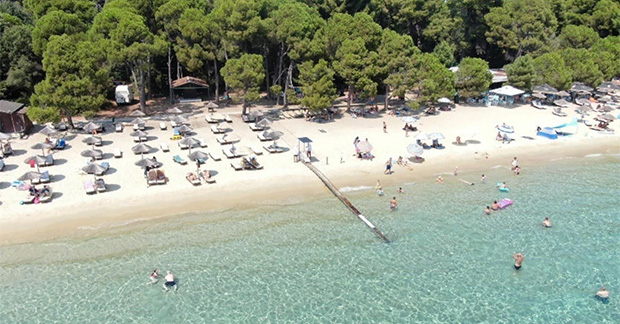
Accessible resorts
Television presenter Sophie Morgan, who is a full-time manual wheelchair user, recently stayed at Amilla resort in the Maldives, where she says everyone went “above and beyond” to support her.
This, she explains, went beyond just providing accessible facilities to really connecting with guests to ensure they were as comfortable as possible. “They train their staff in disability awareness, so the whole atmosphere felt very inclusive,” Morgan says.
Amilla offers beach wheelchairs, which are fitted with wider wheels to enable smooth journeys across sand, and floating wheelchairs, so all guests can experience the resort’s azure waters.
It also has dedicated scuba diving and snorkelling guides who have experience with working with disabled travellers, while the spa has a dedicated space for those who require ramp access.
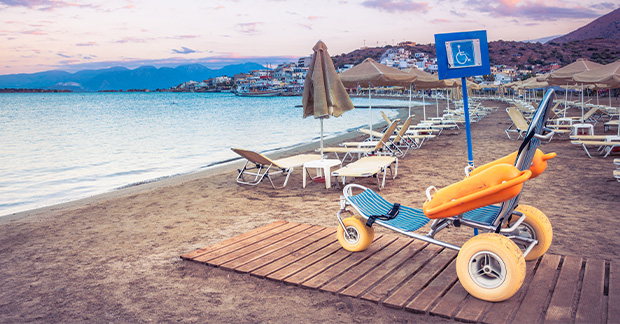
Accessible cruising
A number of cruise lines, including Celebrity Cruises, offer accessible shore excursions. A day at Playa Mia Grand Beach Park in Cozumel, Mexico, starts at £74, while an excursion to Resorts World Bimini in the Bahamas can be booked from £27, with upgrades available for lunch or drinks.
However, for both excursions, guests need to use a folding wheelchair and might be required to travel short distances on foot or with assistance – so these trips ashore may be more suitable for some clients than others. Each cruise ship excursion, each resort and each beach will suit different travellers’ needs.
“It’s about really understanding the customer and what their day-to-day life is like,” adds Rollason. “You will then be in a place §to make things as easy as possible for them.”
Top tip
Majorca’s tourist board has created an accessible travel portal after recognising a greater need to assist disabled visitors to the island. The portal gives agents access to training modules and destination information about how beaches, and the rest of the island, are becoming more accessible for all.
Log on to the portal at accesiblemallorca.com
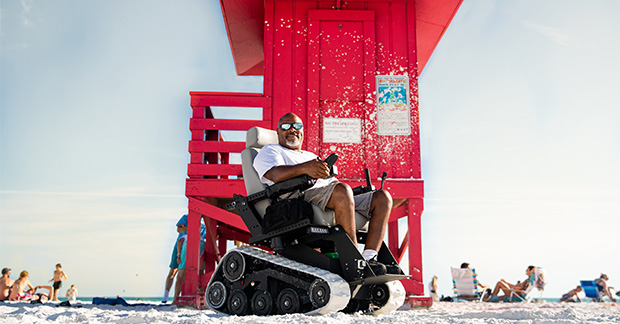
Selling tips
? When choosing a beach holiday, the first thing clients will want to know is what access is available. Find out as much detail as possible and remember that everyone’s needs are different.
? Be aware that some beaches might have access onto the sand with ramps or pathways, but there might not be the opportunity for everyone to get in the water – check with clients about what it is they want from their beach experience.
? Ensure the beaches you’re selling to clients have appropriate toilet facilities, with red chords for emergencies and ramps to access them.
? Look for and highlight any water-based activities and experiences at accessible beach resorts that clients can take part in.

Book it
Ocean Holidays’ seven-night stay at Universal’s Endless Summer Resort in Orlando, followed by four nights at Hampton Inn at New Smyrna Beach, both in accessible rooms, starts at £1,679 including flights and accessible car hire. Departs November 2023.
ocean-holidays.co.uk
Elegant Resorts offers a seven-night stay at Amilla Maldives Resort & Residences, with accessible transfers and accommodation, starting at £5,458, departing May 2023.
elegantresorts.co.uk
A seven-night self-catering stay with Jet2holidays at Pierre & Vacances Village Club Fuerteventura Origo Mare, departing April 19, 2023, from Manchester starts at £469, including transfers and 22kg baggage allowance.
jet2holidays.com
PICTURES: Cristian Montoro Ortiz; Shutterstock/Georgios Tsichlis.
Read more
x.travelweekly.co.uk/destinations/fine-dining-and-culture-all-inclusive-resorts-keep-on-evolving" target="_blank" target="_blank" target="_blank" target="_blank">Fine dining and culture: all-inclusive resorts keep on evolving
x.travelweekly.co.uk/destinations/48-hours-in-valencia-things-to-do" target="_blank" target="_blank" target="_blank" target="_blank">48 in Valencia, Spain
x.travelweekly.co.uk/destinations/top-foodie-spots-in-newly-michelin-guide-approved-florida" target="_blank" target="_blank" target="_blank" target="_blank">Top foodie spots in newly Michelin guide-approved Florida

